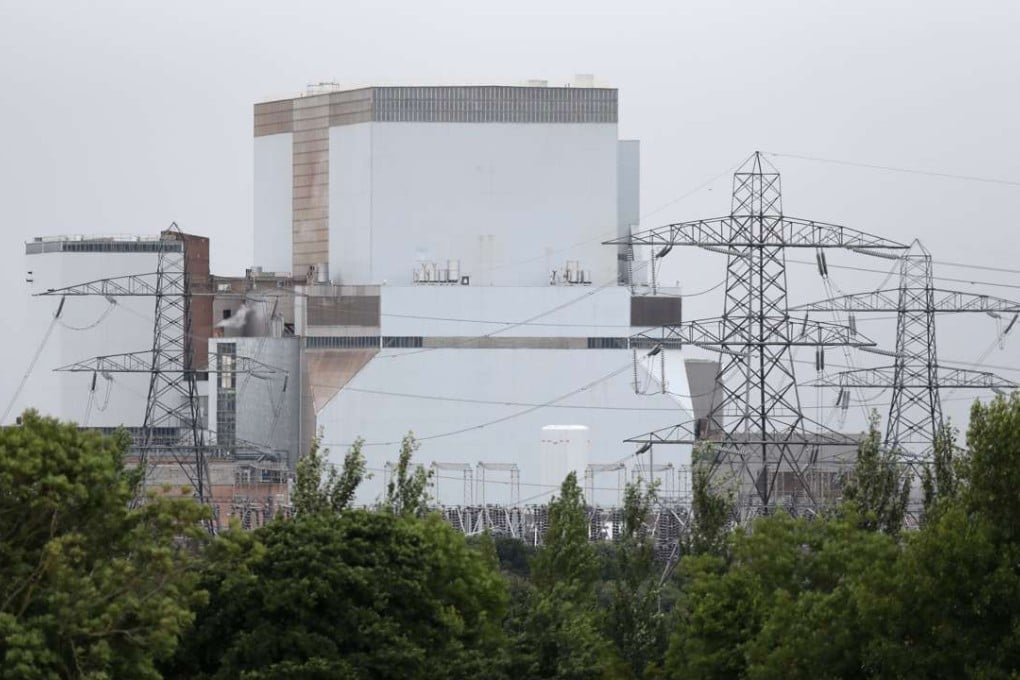Update | British cloud over EDF-China General Nuclear Hinkley Point power plant deal
Somerset project meant to be springboard for Beijing’s bigger ambitions to become a key builder of nuclear power facilities overseas

Britain has put on hold a US$25 billion project to build a nuclear power plant co-financed by France and China, in a move seen as demonstrating a shift in the priorities of the new British leadership.
The government would “consider carefully all the component parts” of the plant to be built in Somerset, England, and decide in autumn whether to go ahead, energy secretary Greg Clark said.
Before Clark’s statement, the board of EDF, the state-owned French energy company leading the project, narrowly voted to move forward with the project, called Hinkley Point C.
The board responded to the energy secretary’s remarks by saying it was confident the government of Prime Minister Theresa May was committed to it.
China has a 33.5 per cent stake in the deal through a consortium led by state-owned China General Nuclear Power Corporation (CGN) Group. The company could not be reached for comment on Friday.
Beijing has ambitions to export its nuclear know-how to developed nations and the Hinkley power station marked the first tangible step towards that goal. Any decision to abandon the deal would be a “blow to China”, said Lin Boqiang, a professor of energy policy at Xiamen University. Beijing also wanted to become a key player in building nuclear power projects overseas.